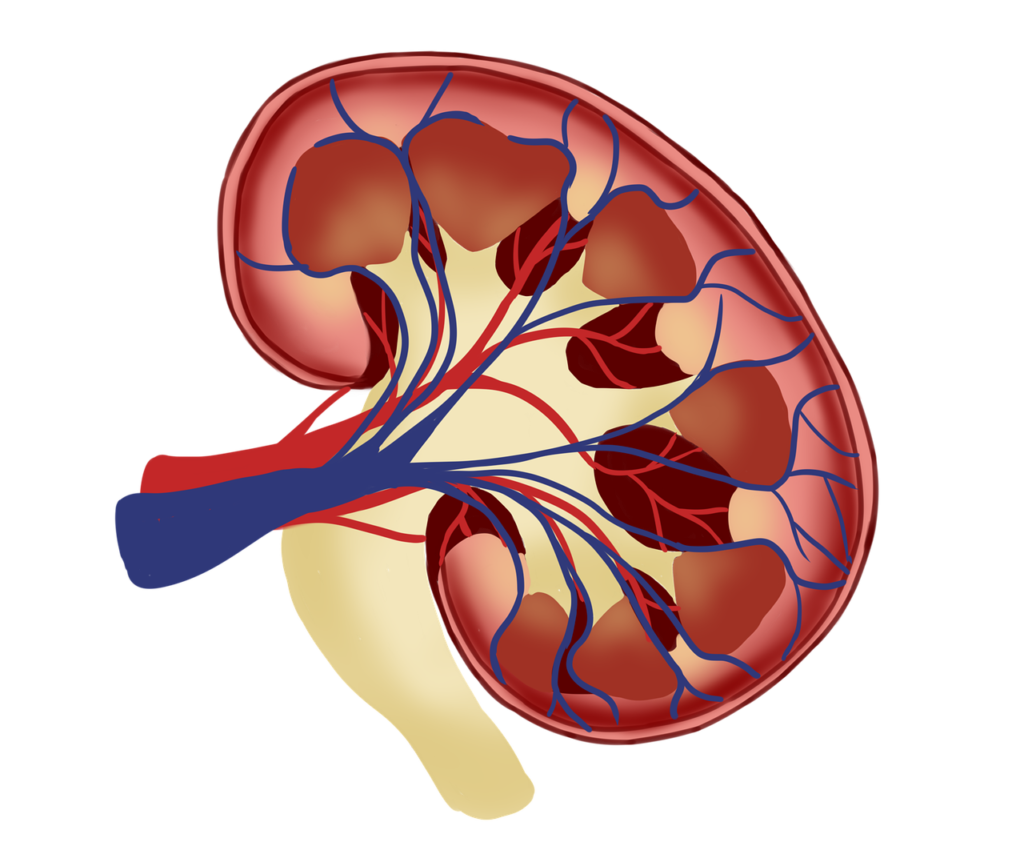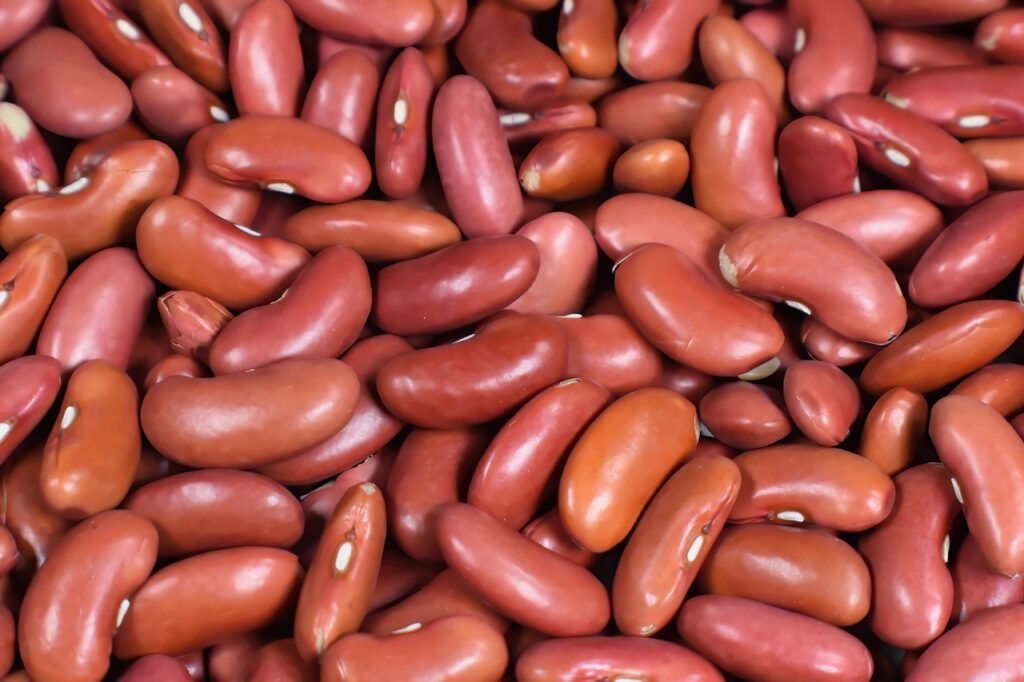Having kidney stones is often associated with adults, but did you know that children can also suffer from this painful condition? Pediatric kidney stones are a growing concern, and understanding how to prevent and treat them is crucial. In this article, we will explore the causes of pediatric kidney stones, discuss preventive measures that can be taken, and outline various treatment options available for children. Whether you are a parent or a caregiver, it is essential to be informed about this condition to ensure the well-being of the little ones in your care.
Causes of Pediatric Kidney Stones
Genetic Factors
Genetic factors can play a role in the development of kidney stones in children. If a child has a family history of kidney stones, they may be more prone to developing them themselves. Genetic disorders, such as cystinuria or hypercalciuria, can also contribute to the formation of kidney stones in children.
Dehydration
Dehydration is a common cause of kidney stones in pediatric patients. When children do not consume enough fluids, their urine becomes concentrated, allowing minerals and salts to crystallize and form stones in the kidneys. It is crucial for children to stay hydrated to prevent the formation of kidney stones.
Dietary Factors
The diet of a child can significantly impact their risk of developing kidney stones. Consumption of foods high in salt, sodium, and oxalates can increase the likelihood of stone formation. Additionally, diets lacking in calcium or containing excessive amounts of certain substances, such as animal protein or fructose, can also contribute to the development of kidney stones.
Urinary Tract Abnormalities
Some children may have underlying urinary tract abnormalities that increase their risk of kidney stone formation. These abnormalities can include structural issues, such as blockages or narrow passages in the urinary system, or malfunctions in the way the kidneys or bladder function. These abnormalities can disrupt the normal flow of urine and lead to the formation of kidney stones.
Symptoms of Pediatric Kidney Stones
Sharp Abdominal Pain
One of the primary symptoms of pediatric kidney stones is sharp abdominal pain. Children with kidney stones may experience severe pain in their back or side, which can radiate to the lower abdomen. The pain can come in waves and may worsen during urination.
Hematuria
Hematuria, or the presence of blood in the urine, is another common symptom of pediatric kidney stones. The urine of children with kidney stones may appear pink, red, or brownish due to the presence of blood. Hematuria can occur intermittently and may not always be accompanied by pain.
Frequent Urination
Children with kidney stones often experience increased frequency of urination. This is because the stones can irritate the lining of the urinary tract, causing the child to feel the need to urinate more frequently. However, the amount of urine passed during each urination may be reduced due to possible blockages caused by the stones.
Nausea and Vomiting
In some cases, pediatric kidney stones can cause nausea and vomiting. The pain associated with kidney stones can trigger feelings of nausea and can lead to vomiting. These symptoms can be particularly distressing for young children and may require medical intervention.

This image is property of pixabay.com.
Diagnostic Methods
Urinalysis
Urinalysis is a common diagnostic method used to detect the presence of kidney stones in children. This involves analyzing a urine sample for the presence of blood, minerals, or other substances that may indicate the presence of kidney stones.
Blood Tests
Blood tests can help identify any abnormalities in kidney function and determine if there are any underlying causes for the formation of kidney stones. These tests can assess levels of calcium, phosphorus, uric acid, and other substances that may contribute to stone formation.
Imaging Tests
Imaging tests, such as ultrasound, CT scan, or X-ray, can provide detailed images of the urinary tract and help identify the presence of kidney stones. These tests can help determine the size, location, and number of stones present in the child’s kidneys.
Stone Analysis
In some cases, the doctor may recommend analyzing the composition of a stone that has been passed or removed from the child. Stone analysis can help determine the specific minerals and substances that make up the stone, which can guide treatment decisions and preventive measures.
Prevention of Pediatric Kidney Stones
Hydration
Hydration is key when it comes to preventing kidney stones in children. Encouraging your child to drink an adequate amount of water throughout the day can help keep their urine diluted, reducing the risk of stone formation. It is recommended for children to drink at least 6 to 8 cups of water daily, but individual needs may vary.
Dietary Modifications
Certain dietary modifications can be beneficial in preventing pediatric kidney stones. Limiting salt and sodium intake can help reduce the risk of stone formation, as high levels of sodium can increase the amount of calcium excreted in the urine. Additionally, reducing or avoiding foods rich in oxalates, such as spinach, chocolate, and nuts, can be helpful in preventing the formation of calcium oxalate stones.
Medications
In some cases, medications may be prescribed to prevent the recurrence of kidney stones in children. Thiazide diuretics can be used to reduce the amount of calcium excreted in the urine, while allopurinol can help lower uric acid levels. Calcium supplements may also be recommended if a child has a calcium deficiency and is at risk for stone formation.
Routine Follow-up
Regular monitoring and follow-up appointments with the child’s healthcare provider are essential in preventing pediatric kidney stones. These appointments allow for ongoing evaluation of the child’s urine and blood tests, as well as any necessary adjustments to their hydration, diet, or medication regimen.

This image is property of pixabay.com.
Hydration as a Preventative Measure
Importance of Drinking Water
Staying properly hydrated is crucial for preventing the formation of kidney stones in children. Water helps dilute the urine, making it less likely for minerals and salts to crystallize and form stones in the kidneys. Encouraging your child to drink an adequate amount of water throughout the day can significantly reduce their risk of developing kidney stones.
Calculating Daily Water Intake
Calculating your child’s daily water intake can be helpful in ensuring they are staying hydrated. A general guideline is for children to drink about 6 to 8 cups of water per day. However, individual needs may vary depending on factors such as age, weight, activity level, and climate. Consulting with your child’s healthcare provider can help determine the appropriate amount of water they should be consuming.
Tips to Encourage Water Consumption
Getting children to drink enough water can sometimes be challenging. Here are some tips to encourage water consumption:
- Make it fun: Use colorful water bottles or cups with their favorite characters to make drinking water more appealing.
- Set reminders: Remind your child to drink water at regular intervals and make it a part of their daily routine.
- Infuse it with flavor: Add slices of fruits, such as lemon or berries, to flavor the water and make it more enticing.
- Lead by example: Show your child the importance of drinking water by setting a good example and drinking water yourself.
- Make it easily accessible: Keep a water bottle within your child’s reach so they can have easy access to water throughout the day.
Remember, the goal is to make drinking water enjoyable and part of their daily habits.
Dietary Modifications to Prevent Kidney Stones
Low Salt and Sodium Intake
Reducing salt and sodium intake is crucial in preventing the formation of kidney stones. High levels of sodium can increase the amount of calcium excreted in the urine, which can contribute to stone formation. Encourage your child to steer clear of salty snacks, processed foods, and fast food meals. Opt for fresh, whole foods that are naturally low in sodium.
Reducing Oxalate-rich Foods
Oxalates can bind with calcium in the urine, forming calcium oxalate stones. To reduce the risk of stone formation, it is important to limit or avoid foods that are high in oxalates. Some examples of oxalate-rich foods include spinach, rhubarb, beets, chocolate, and nuts. While it is not necessary to completely eliminate these foods from your child’s diet, moderation is key.
Maintaining a Balanced Diet
Maintaining a balanced diet is essential for preventing kidney stones in children. Ensure that your child’s diet includes a variety of fruits, vegetables, whole grains, and lean proteins. By providing a balanced mix of nutrients, you can help prevent imbalances that can contribute to stone formation. It is also important to limit the consumption of sugary beverages and processed foods.

This image is property of pixabay.com.
Medications for Preventing Kidney Stones
Thiazides
Thiazide diuretics are commonly prescribed medications for preventing kidney stones in children. These medications work by reducing the amount of calcium excreted in the urine, thereby lowering the risk of stone formation. Thiazides are often used in combination with dietary modifications and increased fluid intake for optimal prevention.
Allopurinol
Allopurinol is a medication that can be used to prevent the recurrence of certain types of kidney stones, such as those caused by high levels of uric acid. Allopurinol works by reducing the production of uric acid in the body, helping to prevent the formation of uric acid stones.
Calcium Supplements
In some cases, calcium supplements may be prescribed to children who have a calcium deficiency and are at risk for kidney stone formation. Contrary to popular belief, increasing calcium intake can actually help prevent the formation of calcium oxalate stones by reducing the absorption of oxalates in the intestine.
Treatment Options for Pediatric Kidney Stones
Small Stones: Observation and Pain Management
For small kidney stones in children, the primary approach may be observation and pain management. The child’s healthcare provider may recommend increased fluid intake to help flush out the stone naturally. Pain medication may also be prescribed to alleviate any discomfort associated with the stone.
Medium-Sized Stones: Extracorporeal Shock Wave Lithotripsy (ESWL)
Extracorporeal Shock Wave Lithotripsy (ESWL) is a non-invasive procedure that can be used to break up medium-sized kidney stones. During the procedure, shock waves are directed at the stone to break it into smaller pieces, which can then be passed out of the body naturally. ESWL is often performed under sedation or anesthesia in children.
Large or Complicated Stones: Endoscopic Surgery
In cases where kidney stones are large or complicated, endoscopic surgery may be necessary. This procedure involves inserting a thin, flexible tube with a camera into the urinary tract to locate and remove the stone. Endoscopic surgery is typically performed under general anesthesia in children and allows for precise removal of the stone.
Preventing Future Stones
After the treatment of kidney stones, it is important to take preventive measures to reduce the risk of future stone formation in children. This can include a combination of dietary modifications, hydration, and medication, depending on the underlying causes and individual needs of the child. Regular monitoring and follow-up appointments are crucial to ensure the effectiveness of preventive measures.
Observation and Pain Management
Fluid Intake
Increasing fluid intake is a key component of managing small kidney stones in children. Adequate hydration helps flush out the stone and can prevent it from growing larger or causing further discomfort. Encourage your child to drink plenty of water and monitor their urine output to ensure they are maintaining proper hydration.
Pain Medication
If a child experiences pain associated with kidney stones, pain medication may be prescribed to alleviate their discomfort. Over-the-counter pain relievers, such as acetaminophen or ibuprofen, can be used for mild to moderate pain. In some cases, stronger prescription pain medication may be necessary, and your child’s healthcare provider can determine the appropriate treatment.
Follow-up Imaging
Observation and pain management for small kidney stones may involve periodic imaging tests, such as ultrasound or CT scans, to monitor the size and location of the stone. These follow-up imaging tests can help assess if the stone is passing or if further intervention is necessary. Regular communication with the healthcare provider is essential during this phase of treatment.
Preventing Future Pediatric Kidney Stones
Fluid Intake and Hydration
Continued focus on fluid intake and hydration is crucial in preventing the recurrence of kidney stones in children. Ensure that your child is drinking an adequate amount of water each day and encourage them to maintain healthy hydration habits. Monitoring their urine output and color can provide valuable insight into their hydration status.
Dietary Changes and Supplements
Following a balanced diet that is low in salt, sodium, and oxalates can help prevent the formation of kidney stones. Encourage your child to limit their intake of processed foods, sugary beverages, and oxalate-rich foods. In some cases, your child’s healthcare provider may recommend calcium supplements if they have a deficiency and are at risk for stone formation.
Regular Monitoring and Follow-up
Regular monitoring and follow-up appointments with your child’s healthcare provider are crucial in preventing future pediatric kidney stones. These appointments allow the healthcare provider to evaluate the effectiveness of preventive measures, adjust treatment plans if necessary, and address any concerns or questions you may have.
By implementing preventive measures and maintaining open communication with your child’s healthcare provider, you can significantly reduce the risk of kidney stones and promote the overall kidney health of your child.

